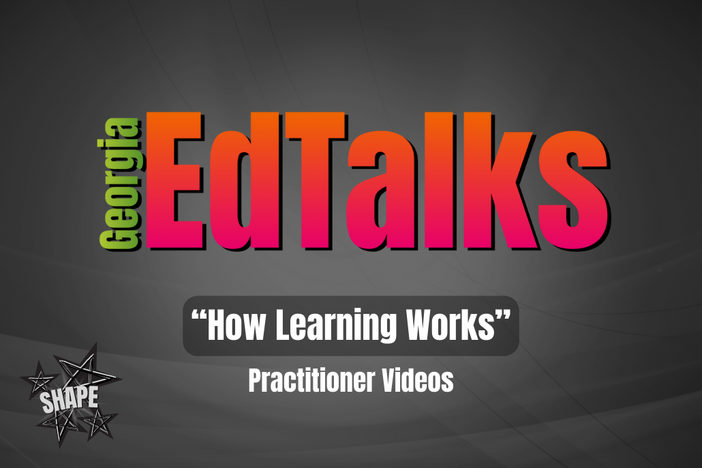Wonder Novel Study
During this unit, students use the novel Wonder, fiction and nonfiction texts, and other media to explore literary concepts, including point of view, character development, figurative language, setting, plot, mood, and tone. Students also practice analyzing literature, making predictions, and supporting their thoughts with evidence from the text. At the end of the unit, students apply their knowledge of these literary elements to create a documentary exploring the themes of bullying, peer pressure and fitting in.
Wonder Novel Study
During this unit, students use the novel Wonder, fiction and nonfiction texts, and other media to explore literary concepts, including point of view, character development, figurative language, setting, plot, mood, and tone. Students also practice analyzing literature, making predictions, and supporting their thoughts with evidence from the text. At the end of the unit, students apply their knowledge of these literary elements to create a documentary exploring the themes of bullying, peer pressure and fitting in.
English Arts
Quote accurately from a text when explaining what the text says explicitly and when drawing inferences from the text.
Determine a theme of a story, drama, or poem from details in the text, including how characters in a story or drama respond to challenges or how the speaker in a poem reflects upon a topic; summarize the text.
Compare and contrast two or more characters, settings, or events in a story or drama, drawing on specific details in the text (e.g., how characters interact).
Determine the meaning of words and phrases as they are used in a text, including figurative language such as metaphors and similes.
Describe how a narrator's or speaker's point of view influences how events are described.
Analyze how visual and multimedia elements contribute to the meaning, tone, or beauty of a text (e.g., graphic novel, multimedia presentation of fiction, folktale, myth, poem).
Compare and contrast stories in the same genre (e.g., mysteries and adventure stories) on their approaches to similar themes and topics.
Quote accurately from a text when explaining what the text says explicitly and when drawing inferences from the text.
Determine two or more main ideas of a text and explain how they are supported by key details; summarize the text.
Determine the meaning of general academic and domain-specific words and phrases in a text relevant to a grade 5 topic or subject area.
Analyze multiple accounts of the same event or topic, noting important similarities and differences in the point of view they represent.
Draw on information from multiple print or digital sources, demonstrating the ability to locate an answer to a question quickly or to solve a problem efficiently.
Explain how an author uses reasons and evidence to support particular points in a text, identifying which reasons and evidence supports which point(s).
Integrate information from several texts on the same topic in order to write or speak about the subject knowledgeably.
Write opinion pieces on topics or texts, supporting a point of view with reasons.
Write narratives to develop real or imagined experiences or events using effective technique, descriptive details, and clear event sequences.
-
About the Teacher
Rikki Chandler
Sandhill Elementary
Carroll County SchoolsRikki Chandler is currently a 5th grade teacher at Sandhill Elementary. She received both her Bachelor’s and Master’s of Early Childhood Education from the University of West Georgia as well as a specialist degree in Language and Literacy from the University of Georgia. Ms. Chandler serves as the 5th Grade Team Leader and Vertical Literacy Chairman at her school.













































